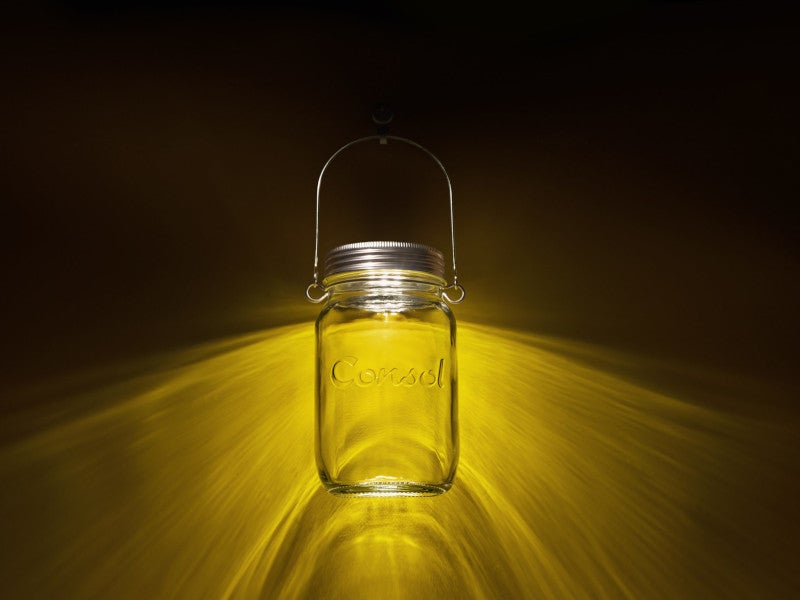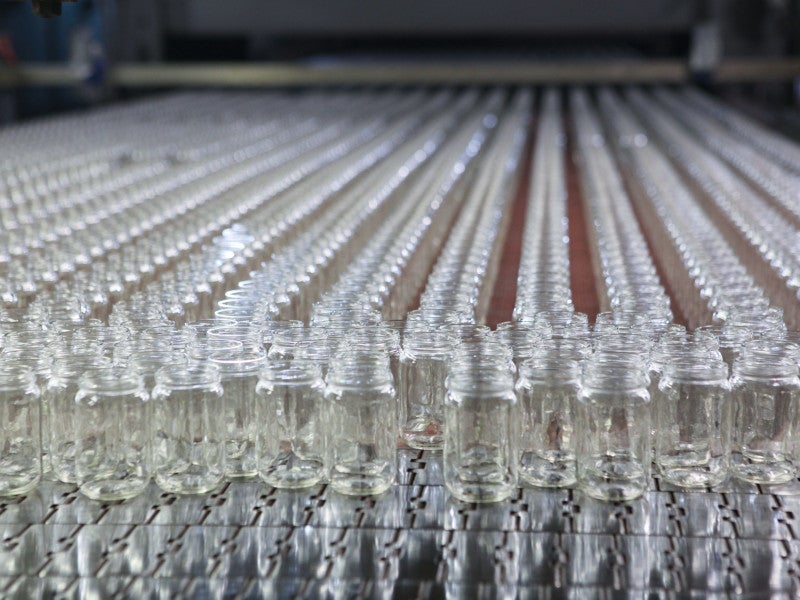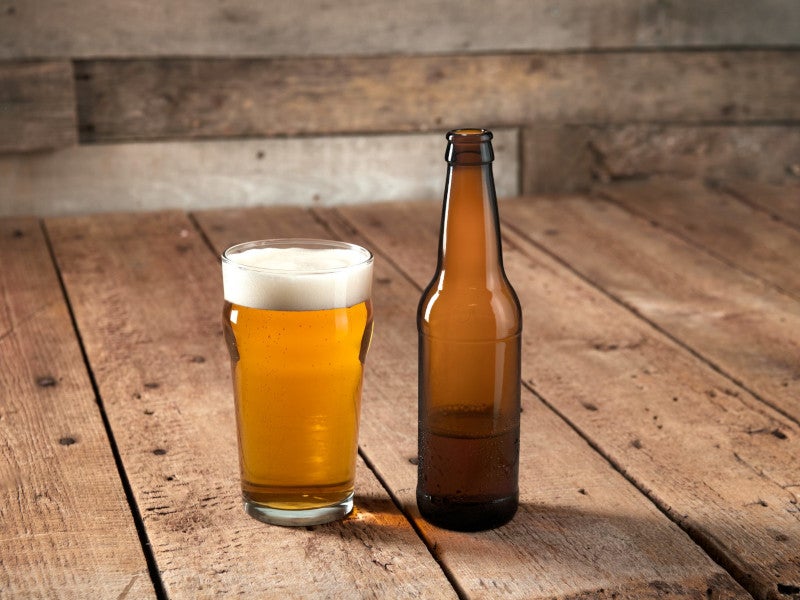Ardagh Glass Packaging-Africa’s (AGP-Africa) bottle manufacturing factory is located in Nigel, Gauteng province, South Africa.
The facility was opened in November 2011 by Consol Glass. In April 2022, Ardagh Group, the parent company of AGP-Africa, acquired Consol for $1bn and took ownership of the Nigel facility.
The Nigel facility produces clear glass for beverage markets, as well as food jars, spirit bottles, wine bottles and pharmaceutical bottles.
The facility also processes waste glass at a basic cullet-processing unit. It complements the company’s facility in Clayville, Midrand, which has a daily capacity of five million bottles.
AGP-Africa produces about one million tonnes of glass per year – equivalent to four billion bottles.
Ardagh Glass Packaging-Africa’s glass production facility phase one details
The Nigel facility is the first phase of a planned development on a greenfield site of 50 hectares. The site in Nigel was chosen for its readily available water supply, Eskom substation and Sasol natural gas pipe network.
The environmental approval for the first phase of the project was received in February 2009, and works at the site began in April 2010.
Ground was broken on the facility in June 2010, and the plant was mechanically completed in August 2011. The glass factory became fully operational in September 2011. The total cost of the first phase of the project was R1.3bn ($67.83m).
Nigel facility first furnace details
A furnace with a capacity of 400 tonnes per day (tpd) was installed in the first phase. It has a production capacity of 110,000t of glass annually.
The furnace can operate 24 hours a day, 365 days a year, at a temperature of 1,500°C. It is designed to have a lifespan of ten years.
Nigel facility’s second expansion
In July 2022, AGP-Africa launched the N2 project with an investment of R1.5bn ($95m). It led to the creation of 150 direct jobs.
The second extension doubled the capacity of the existing Nigel plant and increased AGP-Africa’s overall production capacity by approximately 10% by installing another 400tpd furnace.
The new furnace primarily uses natural gas as its energy source. It also has a secondary electric boost feature, enhancing the production of higher-quality glass.
The second extension also increased the production area of the Nigel facility by 24,400m² and the warehousing area by 24,000m². It enabled the addition of four new production lines to the existing four lines at Nigel.
The investment featured an electrostatic precipitator (ESP), which significantly reduces particulate emissions. It also introduced advanced model-predictive controls, enabling more precise management and improved responsiveness to changes in the glass-making process.
An offline, applied-ceramic-label decoration line equipped with two screen-printing machines was also added.
Nigel 3 expansion project
AGP-Africa installed a third furnace as part of the Nigel facility expansion project, which boosted the site’s capacity by 50%, establishing it as the largest facility in AGP-Africa’s network and across the entire continent of Africa.
Announced in November 2022, the R1.5bn ($80.39m) expansion was completed in November 2023.
Technology used in glass production facility
The plant incorporated several sustainable elements, such as a furnace designed to save 20% energy, compressed air and cooling fans, and gas-fired annealing ovens. A central furnace control room automates the operations of the furnace and batch plant.
The control rooms consist of programmable logic controllers, supervisory control and data acquisition computers, and require only two personnel for process supervision. A consistent glass product is produced by maintaining a glass level of 0.25mm in the furnace.
Emhart Glass of Cham, Switzerland, supplied next-generation individual section (NIS) technology. The bottle-forming machine is the first NIS installation in Africa. Unlike the traditional machines that operate on pneumatic technologies, the NIS system uses a closed-loop AC servo-electric mechanism.
The NIS enables accurate and consistent operations. It offers flexibility for speeding up production rates and making product changes quickly. Servo-electric NIS operation also reduces energy consumption and noise.
The furnace can melt 400t of glass-making inputs per day, such as feldspar, limestone and soda ash. The servo-electric NIS bottle-forming machine at the plant has ten independently operating sections configured in a quad-god configuration. It enhances the output of each section by approximately 33% compared to the earlier triple-god configuration.
The freshly produced bottles are transferred to an annealing oven for a controlled cooling process. Cooling the bottles for 45 minutes eliminates stress from the hot glass forms.
The annealing oven unit can handle 18,000 bottles at a time. The ovens are gas-fired and further reduce the overall energy consumption of the bottle factory. They also use heat diversion and retention technologies, contribute to energy-efficient operations and decrease emissions.
Contractors and suppliers involved
Capex Projects was responsible for the design of the Nigel factory. BSM Baker served as the structural engineer and civil works consultant.
Meprotech provided the engineering and project management services.
Washtech was the mechanical consultant, while Marcus Kneen was the electrical works consultant.
W&L Consultants provided the environmental consultation services. The furnace and batch plant were supplied by Sorg and EME.






